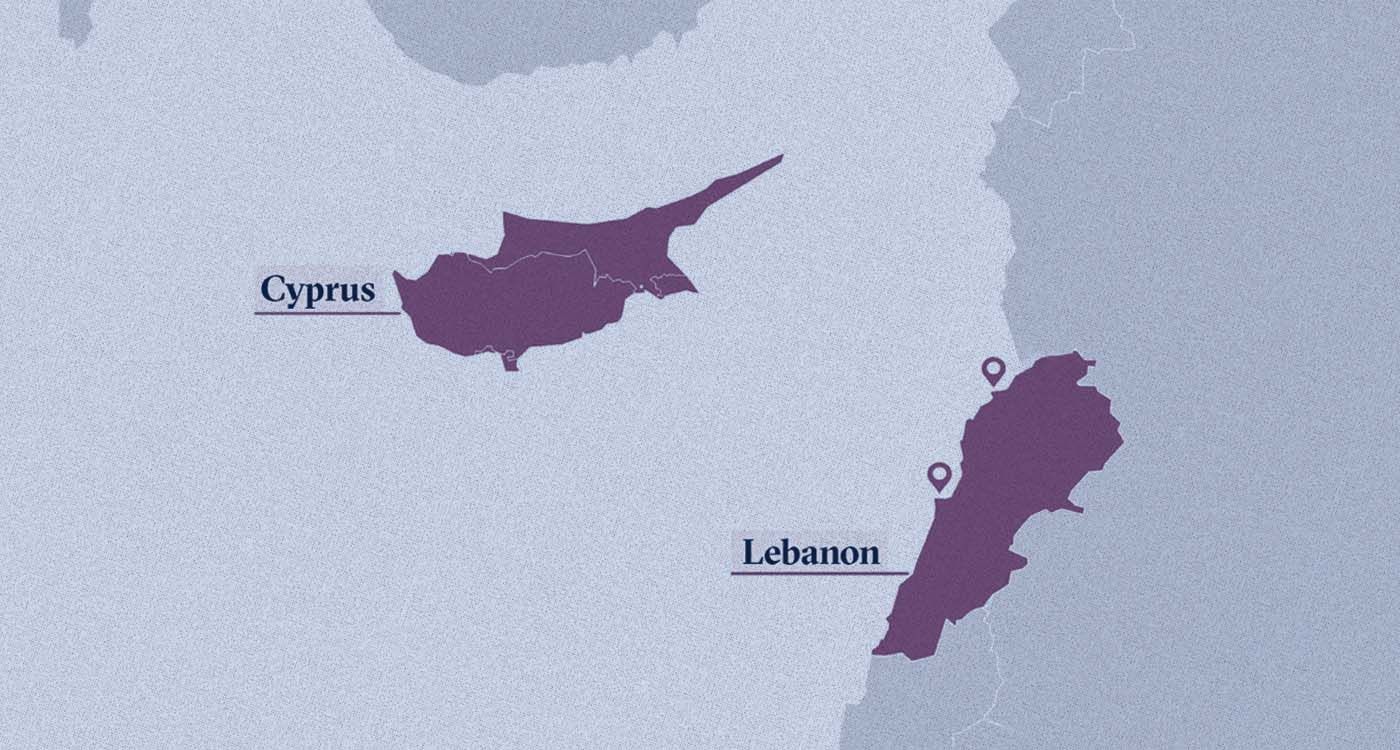The reality of guarantee, international law, Türkiye’s diplomatic moves, and military reality!
The reality of guarantee, international law, Türkiye’s diplomatic moves, and military reality!
By Adem Kılıç, Political Scientist / Author
Lebanon and the Republic of Cyprus have this week brought back to the agenda the agreement on determining maritime jurisdiction boundaries, which has been ongoing since 2017 but has never materialized due to Türkiye’s resolute stance and foreign policy moves in the region. Various speculations about its signing have found their way into the international media.
So, can this step, which has the potential to completely alter the balance of power in the Eastern Mediterranean and is considered a critical move in terms of energy balance and sharing following Türkiye’s actions in Libya, actually be realized?
According to information reflected in the international press, Lebanon is trying to finalize the agreement as soon as possible due to internal political instability and the economic crises it is experiencing, while the Greek Cypriot Administration of Southern Cyprus wants to sign this agreement under the influence of Israel and Greece.
Information reflected in the international press reveals that the parties have made significant progress in recent weeks, but even if they reach the signing stage, some disagreements remain between the parties regarding the delimitation of maritime areas.
This is because Lebanon’s drawing of its eastern border, ignoring the rights of Türkiye and the TRNC, has the potential to trigger regional tensions, and the Lebanese administration is aware that Türkiye will not remain silent on this issue.
TRNC elections and repercussions
Although initially portrayed otherwise, the recent elections in the TRNC show that policies are still shaped by Türkiye’s guarantee and that a national interest-focused administration is in power on the island.
Although the election results were initially viewed by some circles as a critical variable in terms of the sensitivities of Turkish Cypriots regarding the island’s governance and maritime jurisdiction and energy rights, Türkiye and the TRNC continue to demonstrate and will continue to demonstrate a determined stance in protecting their rights in the Eastern Mediterranean, particularly within the framework of the Blue Homeland doctrine.
In this context, any potential agreement signed between Lebanon and the Republic of Cyprus will be considered a violation of rights by both the TRNC and Türkiye and will be met with clear countermeasures.
Israel’s role
Israel continues to act with the aim of optimizing the energy corridors in the Eastern Mediterranean in its favor. Israel undoubtedly supports a possible Lebanon-Cyprus agreement, and is even likely to exert pressure on Greece and Cyprus to make it happen.
Israel particularly wants to secure gas exports from the Leviathan and Tamar fields and, having set its sights on reserves in Gaza’s EEZ following the two-year genocide war, wants this agreement to come into effect in order to transport gas from these regions to Europe.
However, Israel is more aware than ever that it must take into account Türkiye’s military and diplomatic influence in the Eastern Mediterranean.
Indeed, Türkiye’s presence in the Blue Homeland directly affects Israel’s objectives, and just as Türkiye previously rendered the 8-country EASTMED project, which disregarded Türkiye, unworkable through its actions in Libya, these steps are also unworkable.
It appears that Israel, while likely supporting the signing of an agreement between Lebanon and the Republic of Cyprus, is also prepared to risk conflict, if necessary, based on its previous experience.
Türkiye’s possible steps
If this agreement is signed, Türkiye will first send diplomatic notes emphasizing its rights regarding maritime jurisdiction areas to Lebanon and the Republic of Cyprus.
However, all actors involved, from the US to Israel, and from the Greek-Cypriot Administration to Greece, are now aware that there could be more to come.
All these actors know that Türkiye is no longer the Türkiye of old and that, if necessary, the Turkish navy will not remain silent in the face of this development, with effective deterrent moves.
In such a situation, Türkiye will protect its internationally recognized rights in the region under the Blue Homeland Doctrine, while also creating a de facto situation by accelerating joint hydrocarbon exploration and exploitation activities with the TRNC, which it has so far seen as a balancing factor.
These steps will create an environment that will enable Türkiye to both protect its rights from an international law perspective and shift the energy and security balances in the Eastern Mediterranean in its favor.
This is because Türkiye will take steps at the UN in light of the reality that, in accordance with the Zurich guarantee agreement signed in 1959, it cannot unilaterally sign any agreement on the island of Cyprus that has not been approved by Türkiye, Greece and the United Kingdom.
Conclusion
All these developments reveal that a potential maritime jurisdiction agreement between Lebanon and the Republic of Cyprus would hold no significance under international law in terms of energy and geopolitical competition in the Eastern Mediterranean.
Türkiye’s Blue Homeland line, along with the recent realities it has established from Libya to Syria, effectively precludes any potential unilateral steps.
Consequently, Ankara possesses both the right and the power to counter this fait accompli approach through its diplomacy, international law, and military strength in the region.

















Leave a Reply